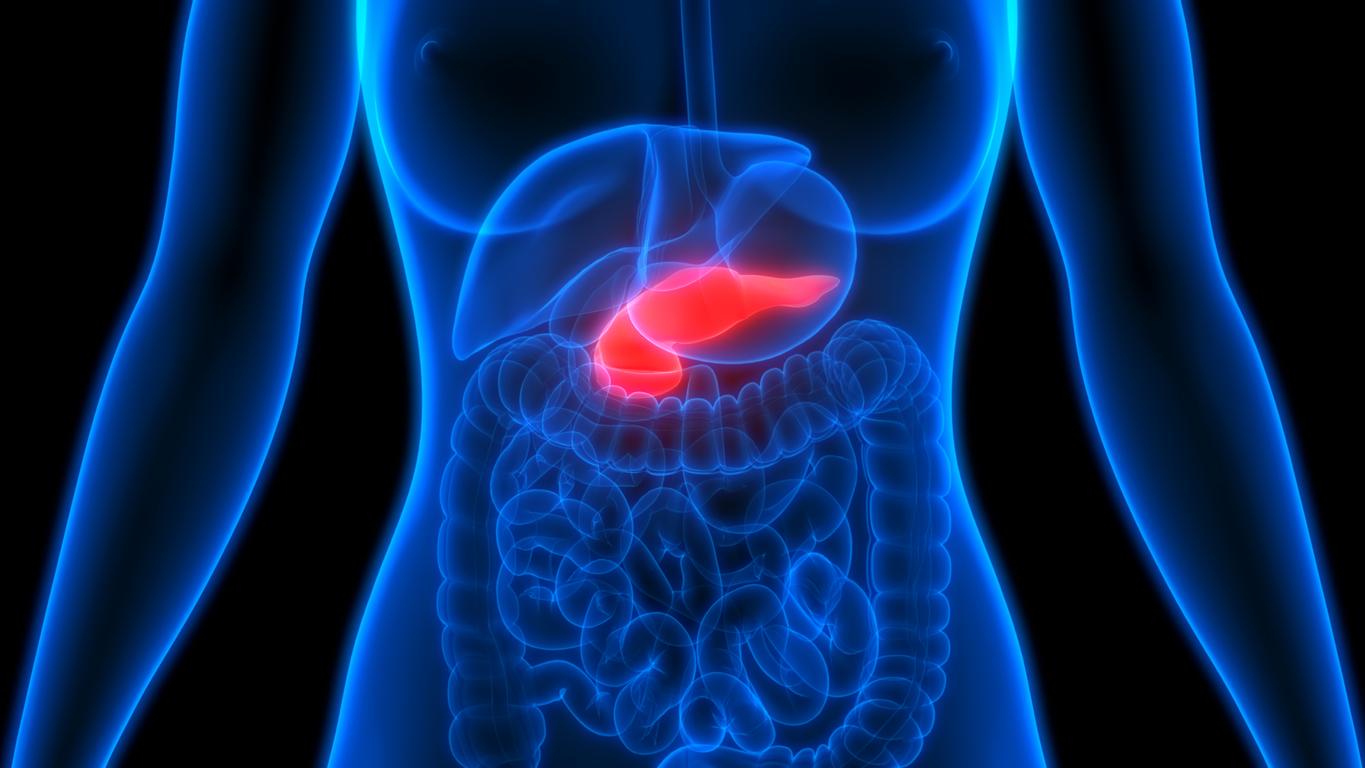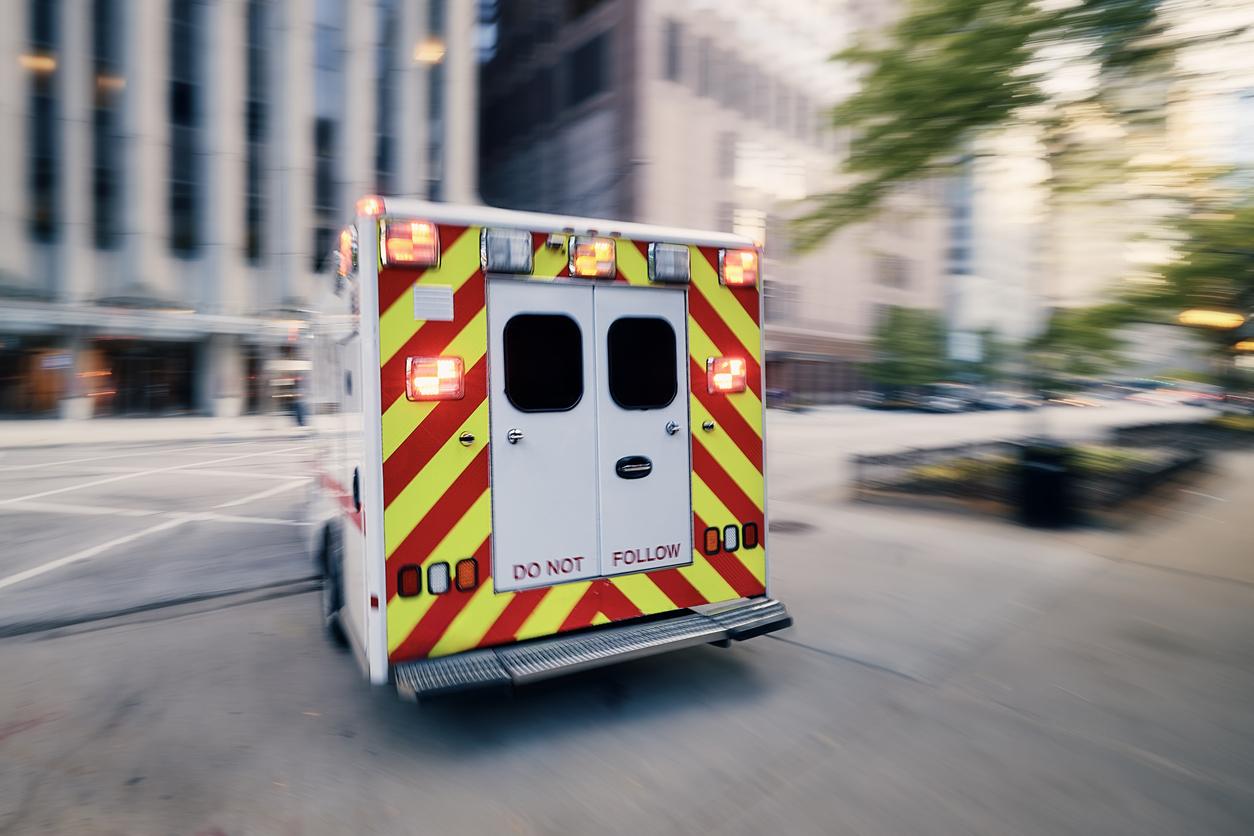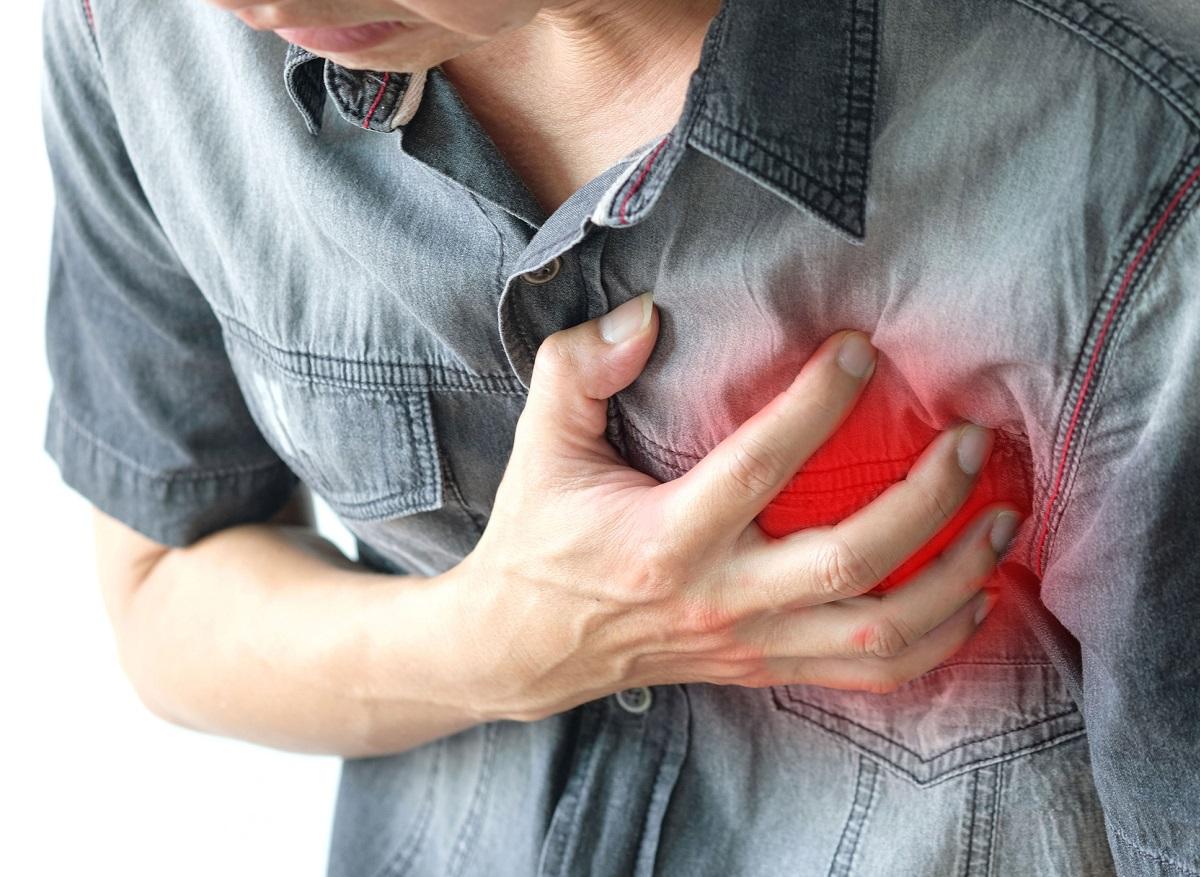If cardiopulmonary bypass is established in less than 20 minutes, the chances of survival go up to 29%, compared to the usual 8%.

When the heart does not restart 30 minutes after a cardiac arrest, despite conventional medical treatment, we speak of refractory cardiac arrest. The victims are then only between 5 and 10% to survive, and the neurological sequelae can be significant. It’s all a matter of time.
And since the standard protocol does not give satisfactory results in terms of survival, the SAMU de Paris, in collaboration with the AP-HP and Inserm, decided to test a more aggressive procedure: cardiopulmonary bypass outside the body. ‘hospital. The SAMU now has the equipment to put it in place in its ambulances.
Mechanical heart and lungs
As soon as the patients are taken care of, and as early as 20 minutes after stopping, doctors can thus use this technique usually reserved for hospitals, in particular during cardiac surgeries.
It consists of replacing the roles of the heart and lung. Using a cannula placed in the femoral vein (at the level of the leg), the machine draws the blood, re-oxygenates, and reinjects it into the femoral artery.
A spectacular gain
Between 2011 and 2015, the SAMU75 evaluated the benefit of setting up from the ambulance of cardiopulmonary bypass surgery in patients suffering from refractory cardiac arrest, compared to a conventional procedure followed by ” a connection to the machine once at the hospital.
Of the 114 patients who only benefited from it once in hospital, only 8% survived. Of the 42 equipped in the ambulance, the rate climbs to 29%. That’s almost one in three people. A spectacular gain, reinforced by a decrease in the neurological sequelae of the survivors.
However, this strategy will not be able to benefit everyone. Candidates must have been in cardiac arrest for less than an hour, have received immediate cardiac massage at the time of the arrest and show signs of life (movements, breathing), and doctors believe that the neurological damage is limits. But for others, refractory cardiac arrest will no longer necessarily mean death.
.















